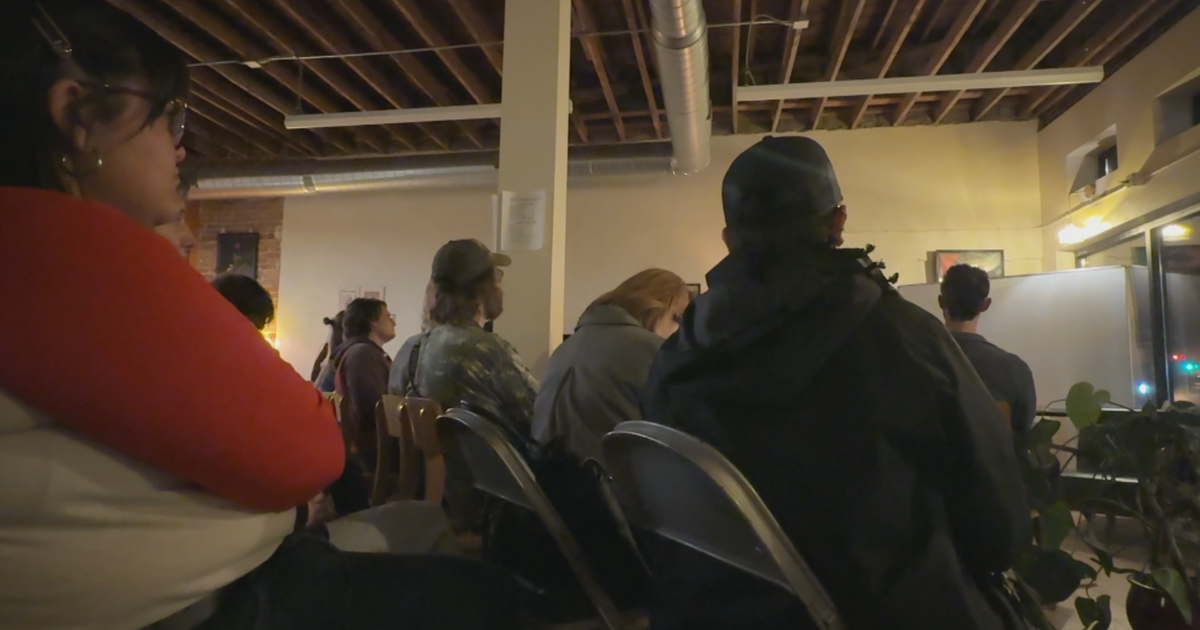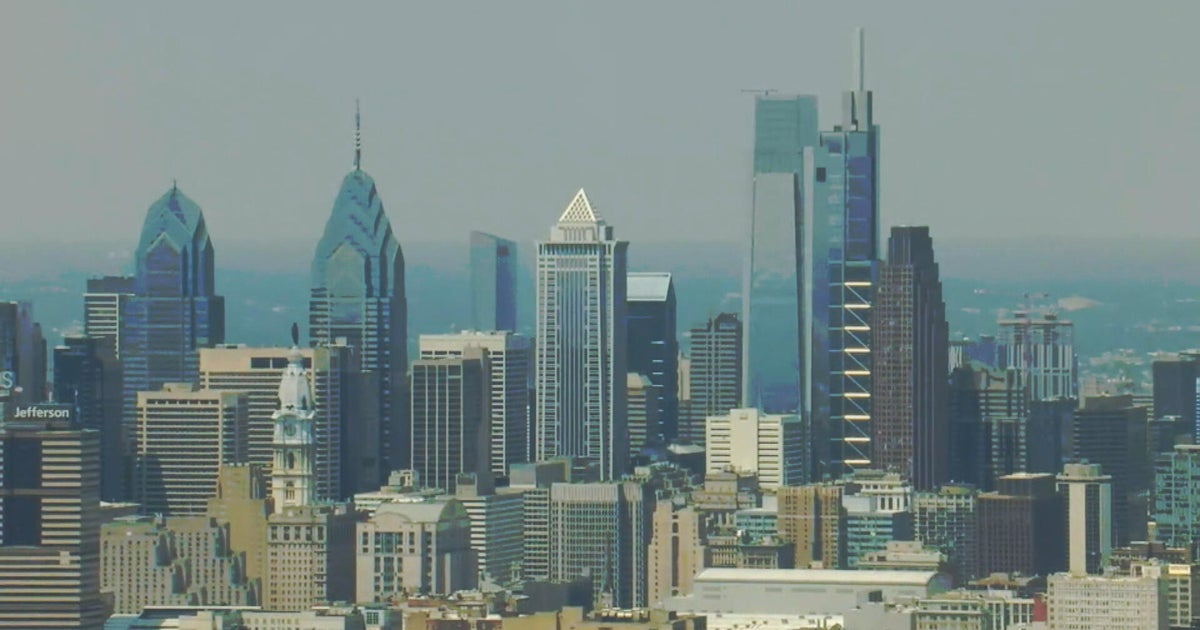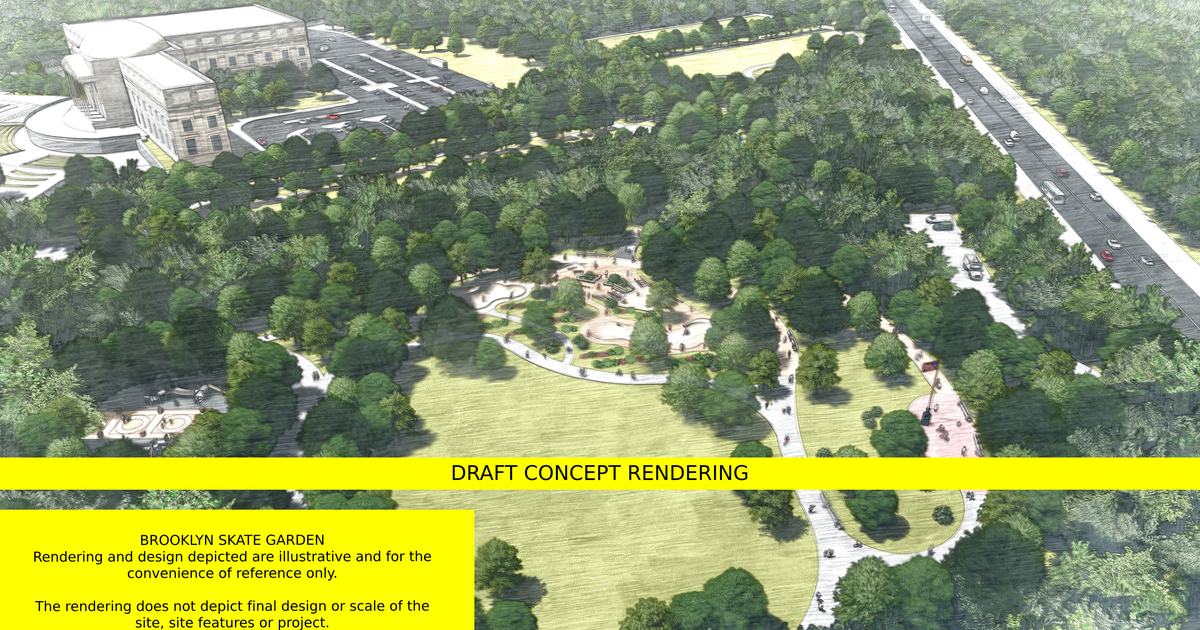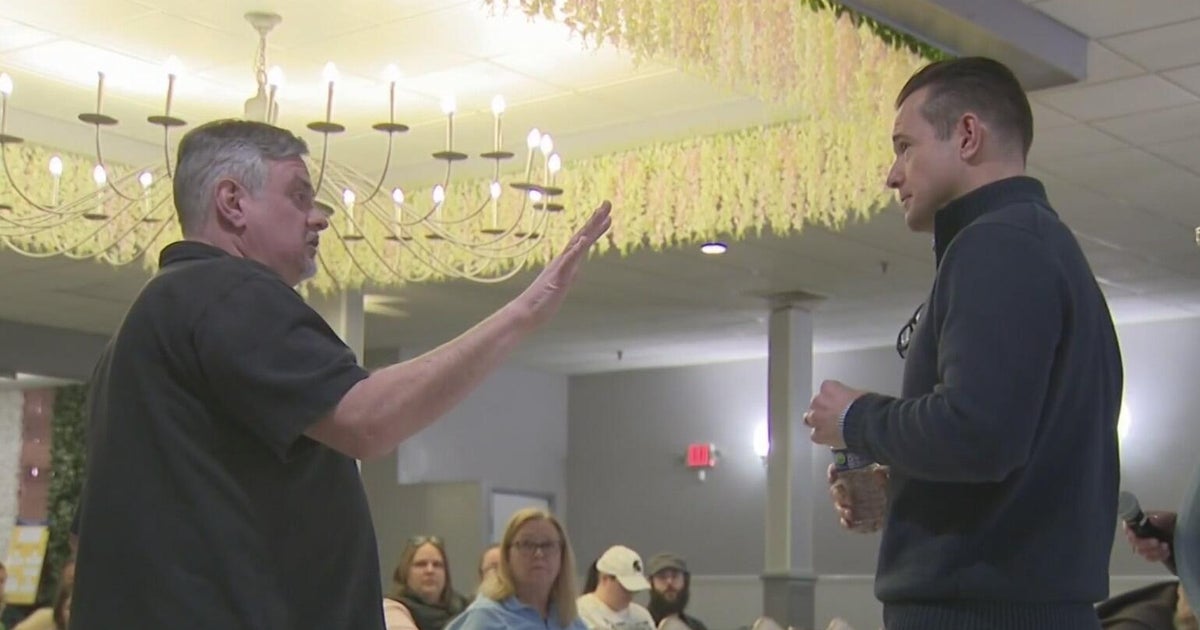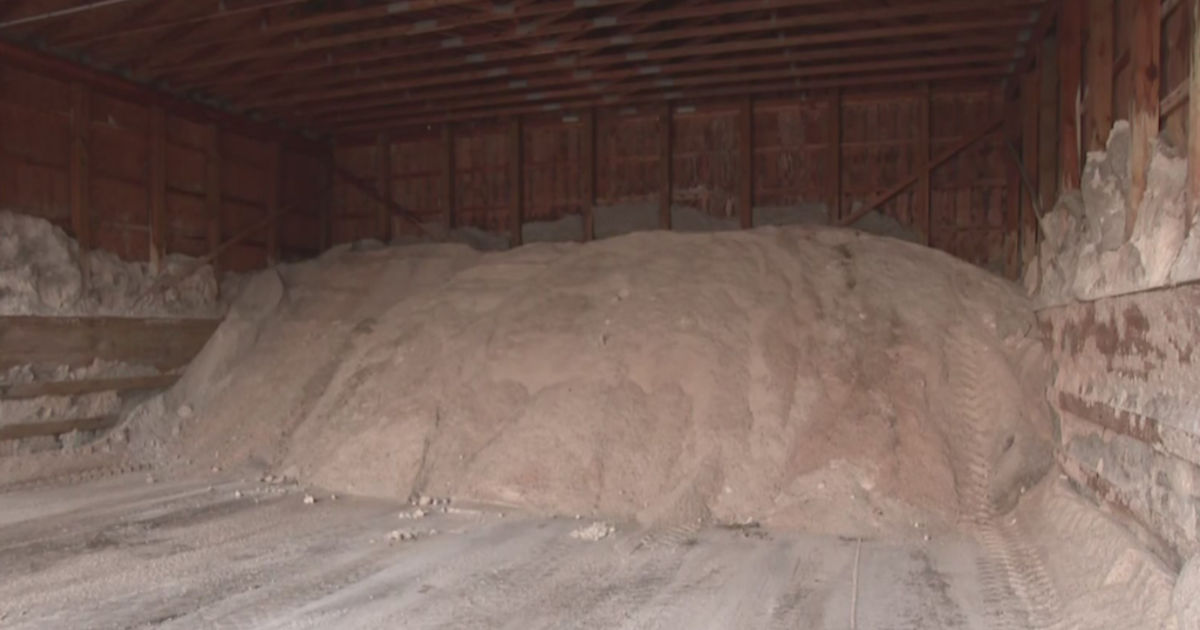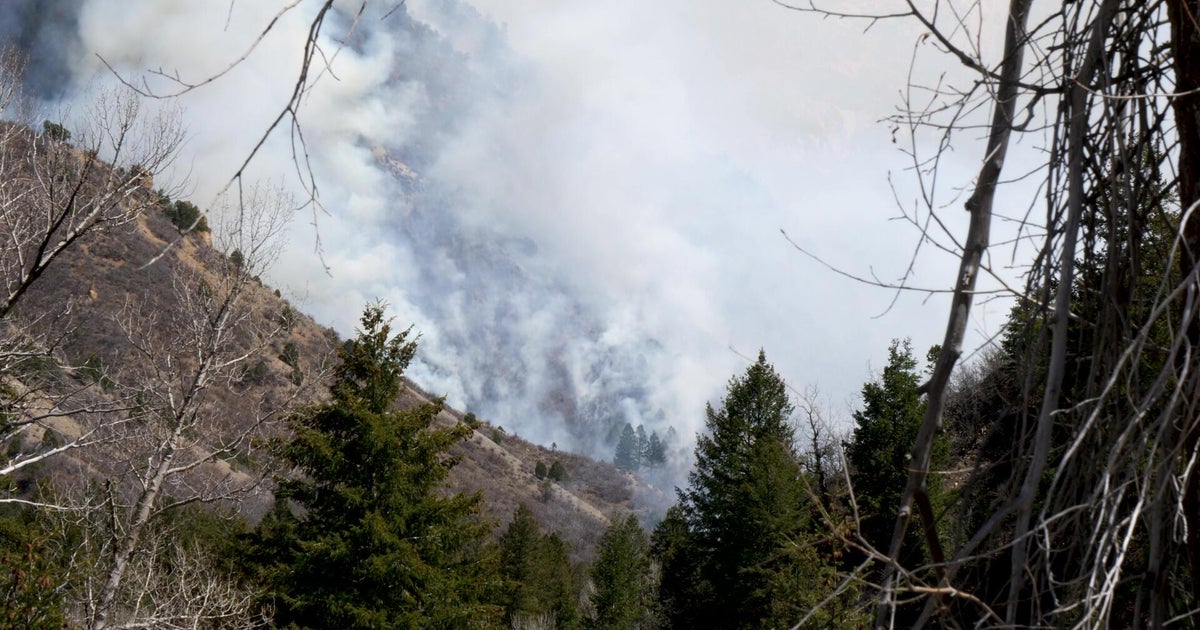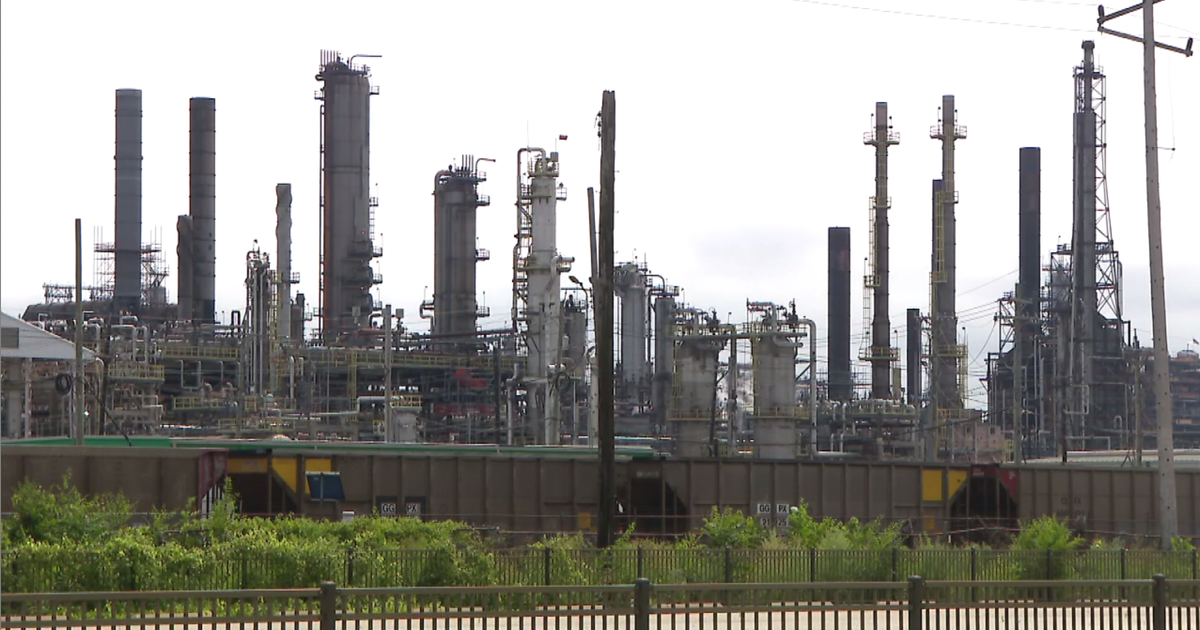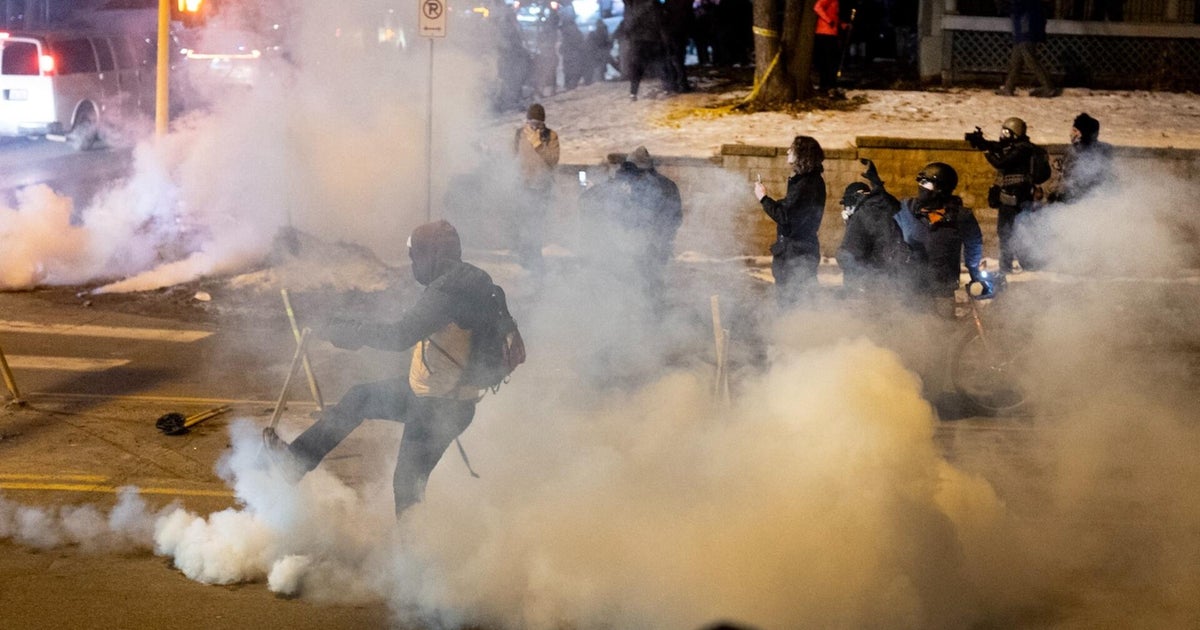Community group taking air quality studies into its own hands: "they're feeling unheard, they're feeling hopeless"
A community-based non-profit is raising concerns about what's in the air where people live and work in Commerce City.
Earlier this month, Cultivando released the results of a one-year air monitoring project. Now the group plans to continue the effort and push to for more monitoring moving forward.
"People who are living here are feeling angry, they're feeling unheard, they're feeling hopeless," said Olga Gonzales, executive director for Cultivando.
With the Suncor refinery and countless other industrial neighbors, the people of Commerce City have long had air quality concerns. It's a reality Gonzales knows all too well.
"People have nosebleeds, headaches, breathing problems," Gonzales said. "This is something that's been happening for a long time. People have known this for decades."
For the past year now, Gonzales' organization, Cultivando, has been working to figure out why through a community-focused air monitoring project. It was performed by the non-profit Boulder Atmosphere Innovation Research, along with several other partner organizations, and was partly funded by Suncor's historic 2020 settlement with the state.
This month, they shared the results for the first time.
"I think after a year we have both a lot of answers and a lot of questions," Gonzales said.
For the past year, Detlev Helmig's fixed and mobile air monitors captured countless spikes of pollutants in the air, including benzene, particulates, Volatile Organic Compounds, and even radioactivity.
They also measured hydrogen sulfide, finding readings above the odor threshold close to eight thousand times, he said. In comparison, a monitor in Broomfield found little to no spikes at all.
"This is not a little bit dirtier, this is a lot more," Helmig said. "That's very significant because those pollution spikes, these rapid changes, are not reflected in long-term average measurements."
By using wind conditions, Helmig's study found oftentimes those spikes appear to come from the area where Suncor is, but there are many other contributors around the area. Other partners used cameras to capture VOCs being released from the refinery.
"What's evident here is there appear to be much more severe health effects in the community than what previously has been explained by long-term average measurements," Helmig said.
In a statement to CBS News Colorado, Suncor said it's supportive of all air monitoring efforts, pointing out the company launched its own program more than a year ago.
"As part of the program, independent health scientists conduct health risk assessments based on the data collected," the statement read. "Since the CCND Air Monitoring program launched in August 2021, compounds measured in multiple North Denver communities have remained below acute and chronic health protective guideline values routinely used by state and federal public health agencies."
Gonzales, who feels the results validate what people in the area have been feeling, tells CBS News Colorado the monitoring will continue. In the meantime, Cultivando will push the state to change permitting requirements for polluters like Suncor.
"It feels like there's been very little consequence to them," Gonzales said. "We are hopeful that this will bring about that change, that people will have answers, that we will have solutions for them."
In a statement sent to CBS News Colorado, the Colorado Department of Public Health and Environment said it has reviewed Cultivando's data and acknowledges it is "part of a larger school of information that informs what's going on in the community surrounding Suncor."
"We use state and federal standards to assess whether there is a public health risk. Cultivando is looking at short-term spikes in benzene and particulate matter that could come from Suncor and other neighboring sources of pollution. While these spikes are important to monitor and consider, they are snapshots," the statement read.
"To assess potential health impacts from any substance, we consider how much, how long, and how often people are exposed. When evaluating risk, federal guidelines are based on exposure over certain time periods, and you cannot reliably compare a snapshot to the established health-based standards. The community around Suncor has legitimate concerns about pollution, and we share the goal of reducing emissions in the area. We plan to continue our conversations with Cultivando so we can work together to find solutions."
